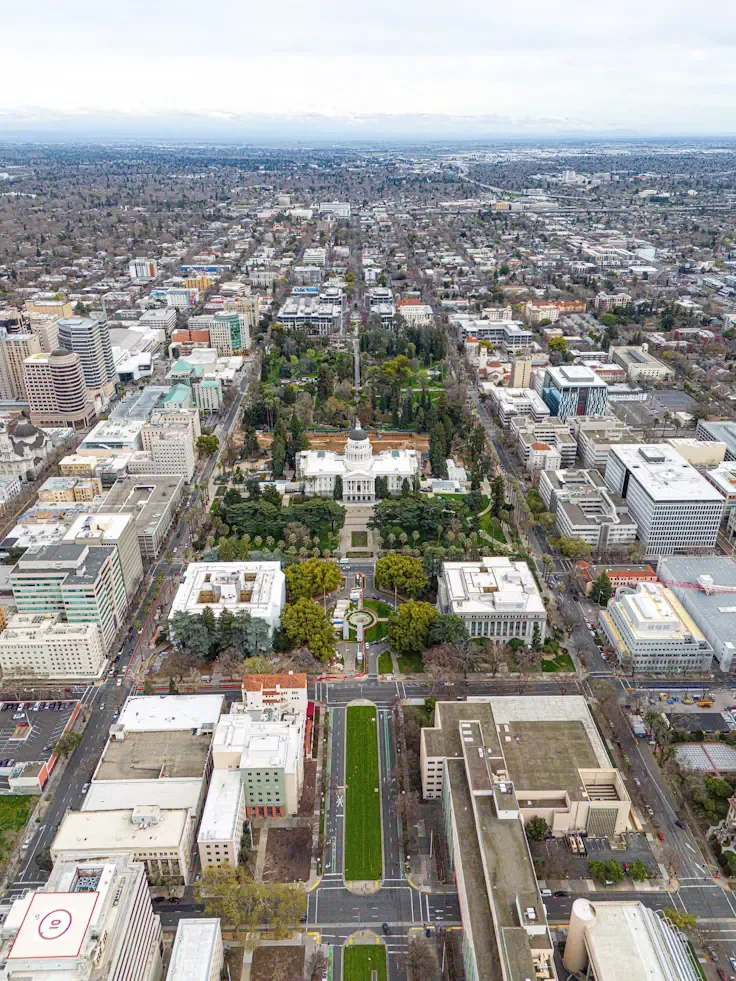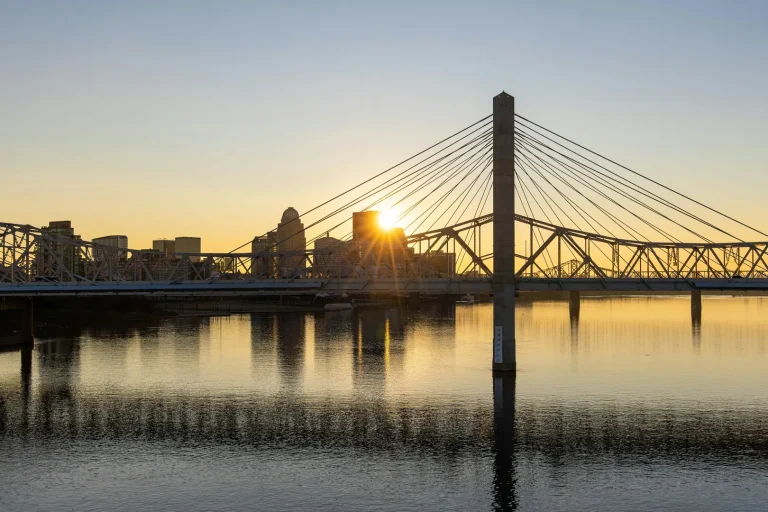Bismarck
Bismarck, the capital city of North Dakota, is a hub of administrative activities and local governance. Known for its rich heritage and vibrant community, Bismarck offers a unique blend of historical significance and modern amenities. The city is home to a diverse population, and its government plays a crucial role in maintaining the welfare of its residents through structured council meetings and civic engagement initiatives.
Understanding Bismarck’s Government Structure
The governance of Bismarck is primarily conducted through a city council, which consists of elected officials who represent various wards within the city. This council is responsible for creating and enforcing local laws, managing city budgets, and addressing the needs of the community. The council meetings are open to the public, allowing residents to stay informed and participate in the decision-making process.
City Council Meetings
City council meetings in Bismarck serve as a platform for discussing important issues, proposing new initiatives, and making decisions that affect the community. These meetings typically cover a wide range of topics, including:
- City budgets and financial reports
- Infrastructure projects and improvements
- Public safety and health initiatives
- Community development and zoning regulations
- Environmental policies and sustainability efforts
Residents are encouraged to attend these meetings, either in person or through live streams hosted on platforms like Civic Stream. Engaging with local governance not only enhances transparency but also empowers citizens to voice their opinions and contribute to community discussions.
Historical Context of Bismarck
Bismarck was established in the late 1800s and has since grown into a significant urban center. The city was named after Otto von Bismarck, the German chancellor, and has a rich history involving Native American culture, European settlement, and the development of the Northern Pacific Railway. Over the years, Bismarck has transformed into a political and economic hub, reflecting the evolution of governance and civic involvement in the region.
Civic Engagement and Community Involvement
Community involvement is a key aspect of Bismarck’s governance. The city encourages residents to participate in various civic activities, including:
- Attending city council meetings and public hearings
- Joining local boards and commissions
- Participating in community forums and workshops
- Volunteering for city-sponsored events
- Staying informed through city newsletters and social media
These initiatives foster a sense of community and ensure that the voices of Bismarck’s residents are heard. Local government officials often rely on citizen feedback to shape policies and make informed decisions that reflect the needs and aspirations of the community.
Future of Bismarck’s Governance
As Bismarck continues to grow, its government faces new challenges and opportunities. Issues such as infrastructure development, economic sustainability, and community health will require ongoing attention and innovative solutions. The city council remains committed to engaging with residents and adapting to the changing needs of the community. This engagement is crucial in crafting policies that not only address immediate concerns but also set the foundation for a sustainable future.
Conclusion
Bismarck stands as a testament to effective local governance and community involvement. With its rich history, active civic engagement, and commitment to transparency, the city is well-positioned to navigate the complexities of modern urban management. By participating in city council meetings and other civic activities, residents can play an integral role in shaping the future of their community. Whether through attending in person or accessing meetings online via platforms like Civic Stream, every voice counts in the government of Bismarck.






